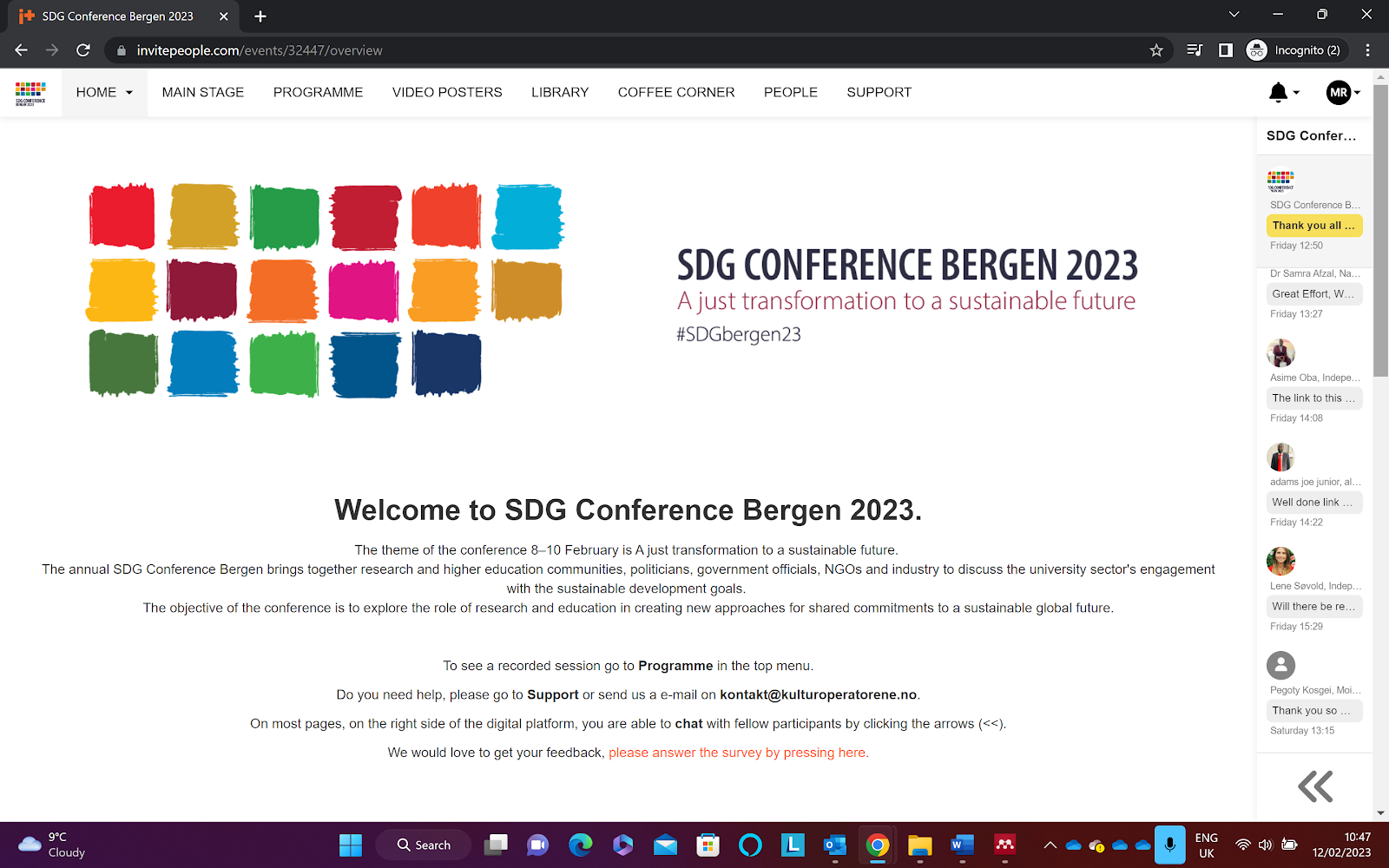(IMAESCII521) Forum Personal Post: Module 2 - On Research Settings
On research settings
Research settings can be seen as the physical, virtual, social, and cultural sites in which the researchers conduct their studies. Research strategies may be applied for doing research in various settings, from laboratories to classrooms, communities, streets, houses, parks, prisons, offices, social media platforms on the internet, etc.
Choose 2 papers from this list and write a post providing information about and comparing the research settings of the research reported in these papers. What kind of challenges researchers may face in their efforts to conduct research in such settings? Do you have in mind a setting (or type of setting) that you would like to do a research in the future?
Re: On research settings
by Mc Ronald Ι Banderlipe -
I have always been interested in the study of how learning takes places in cities. Since coming to this programme, I have been immersed in numerous programmes where global learners come to Singapore to continue their executive/short-course education. Through this experience, I kept wondering why people would flock to cities to learn new things? Is it because the cities are also ‘living classrooms’ where development, growth and innovation are taking place? Is it because cities have abundant opportunities for both formal and informal learning (or at least one of them)? What kind of knowledge do they learn and how is this knowledge being transmitted from one person to another; from one community to another; or from the community to the society-at-large? Although there have been numerous studies that tackled these questions of learning in cities my MA research would focus on these neighbourhoods where all these knowledge exchange and information are taking shape.
Since neighbourhoods could be considered the smallest social-geographical unit, the level of interactions and sense of identity can be clearly manifested and identified with the way people interact with each other. As basic spaces for learning outside of the home, neighbourhoods could also potentially play an influence in fostering learning. I would like to situate my research as well on what is the role of institutions that are present in these neighbourhoods in determining an individual’s propensity to pursue lifelong learning.
The Challenges
As for the challenges, I am keen to do this project in the Philippines because there is a dearth of studies that questions how these forms of learning are taking place for a variety of reasons. First, the country only has one learning city which is located miles away from the capital city. Given that the rapid activities are happening in major cities, I question what the aspirations of these cities are in terms of promoting a learning society. Second, though I have narrowed my geographical landscape of research, I am still figuring out what kind of population characteristic I will include in my study (will it be migrants, parents, informal workers, labourers/blue collar workers or white-collar workers). I am still doing my reading on this topic and I hope to come up with a focused target for my research. Lastly, I am also aware that the pandemic might prevent me from travelling back home so I am looking at how I can make my approach robust even if I am doing desk-based research.
Comparison of the 2 Reading MaterialsLido, C., Reid, K., & Osborne, M. (2019). Lifewide learning in the city: novel big data approaches to exploring learning with large-scale surveys, GPS, and social media. Oxford Review of Education, 45(2), 279–295. https://doi.org/10.1080/03054985.2018.1554531
Narushima, M., Liu, J., & Diestelkamp, N. (2018). I Learn, Therefore I am: A Phenomenological Analysis of Meanings of Lifelong Learning for Vulnerable Older Adults. Gerontologist, 58(4), 696–705. https://doi.org/10.1093/geront/gnx044




Comments